|
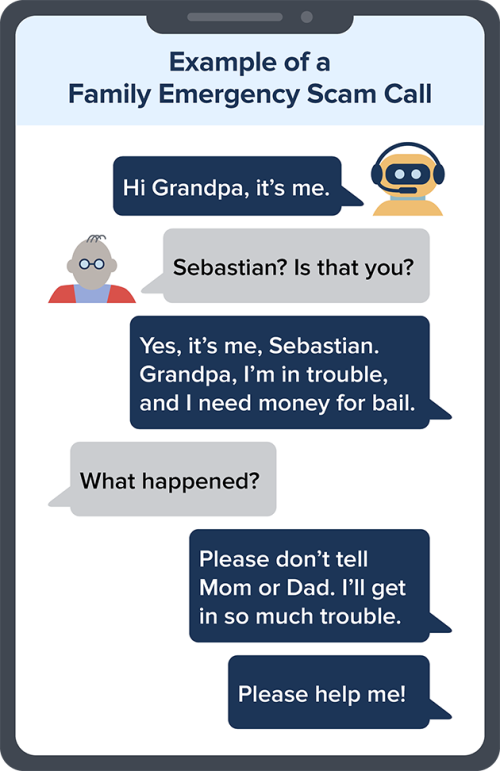 |
| Scammers use AI to enhance their family emergency schemes |
Providing accurate and timely information about what matters in Franklin, MA since 2007. * Working in collaboration with Franklin TV and Radio (wfpr.fm) since October 2019 *
|
 |
| Scammers use AI to enhance their family emergency schemes |
| ||||||||
| ||||||||
| | |||||||
| Join the millions and discover your benefits! |
|
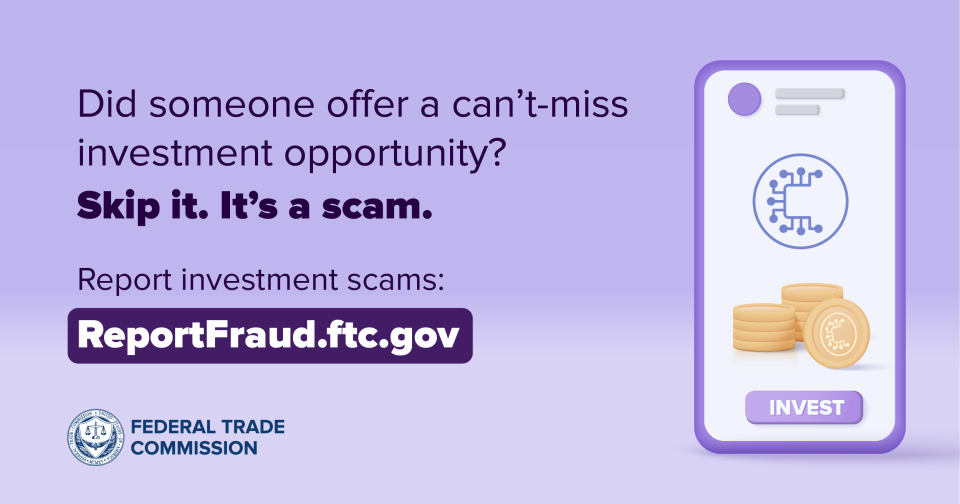 |
| Crypto investment scammers are targeting your community groups |
"SCAM ALERT (picture of Frankie and Ben to grab your attention)
Special attention to early to mid-20-year-olds. Parents, PLEASE PLEASE PLEASE share this with your adult children
The FPD has seen an increase in a particular scam involving the Snapchat App and Instagram. Users (typically male) are being friended by random users of the apps (typically females), and strike up a conversation with the users.
After some time the scammer will engage in explicit conversation and send explicit photographs of themselves through the app. In return, they ask for explicit photographs back.
Once they have these photographs they blackmail the user into sending them money via a payment app (typically in the hundredths of dollars) or else they will send the victim's pictures to their social media friends or contact list.
The scammer WILL send these pictures out if they don’t get their money. When these incidents occur they are investigated by the FPD. It’s our goal to prevent these scams from occurring in the first place.
If you find yourself in this situation and think it might be a scam… IT’S A SCAM!"
 |
| Frankie joins the Franklin Police Dept, in training as a therapy dog |
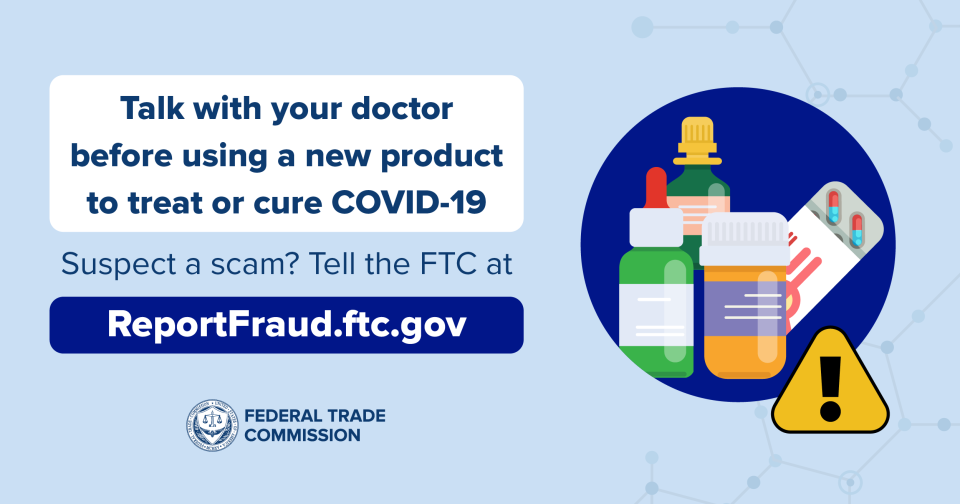 |
| doTERRA distributors charged with making unfounded COVID-19 cure claims |
"My 78-year-old mother-in-law handed an envelope containing $25,000 cash to a Florida Lyft driver who showed up one morning on her doorstep during the early days of the pandemic.The cash was intended to bail out her beloved nephew from jail, where he sat after crashing into a pregnant woman and killing her. Or so my mother-in-law was told by the man on the phone who pretended to be her nephew’s lawyer. The man instructed her to tell no one or he would rot in jail. On two consecutive days, she made large cash withdrawals at her bank and the “lawyer” sent the Lyft driver to collect the loot.But there was no accident and no jail stint. My mother-in-law, reacting with her heart and not her head, was too scared to call her nephew or other family members to verify the tale. Days later, she mentioned to my husband that she had bailed the nephew out of jail — with no idea that she had been scammed.That was my family’s introduction to the pernicious crimes that strip senior citizens of their money and dignity. It also served as a wake-up call for my husband. He drafted a strategy to better protect her, which included overseeing her finances."
 |
| (Tara Anand for The Washington Post) |
|
|
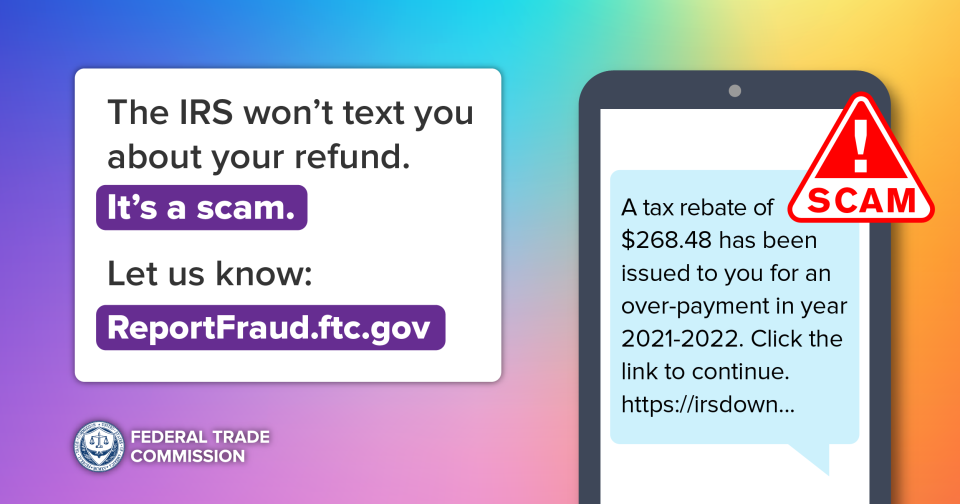 |
| No, that’s not the IRS texting about a tax refund or rebate. It’s a scam |
|
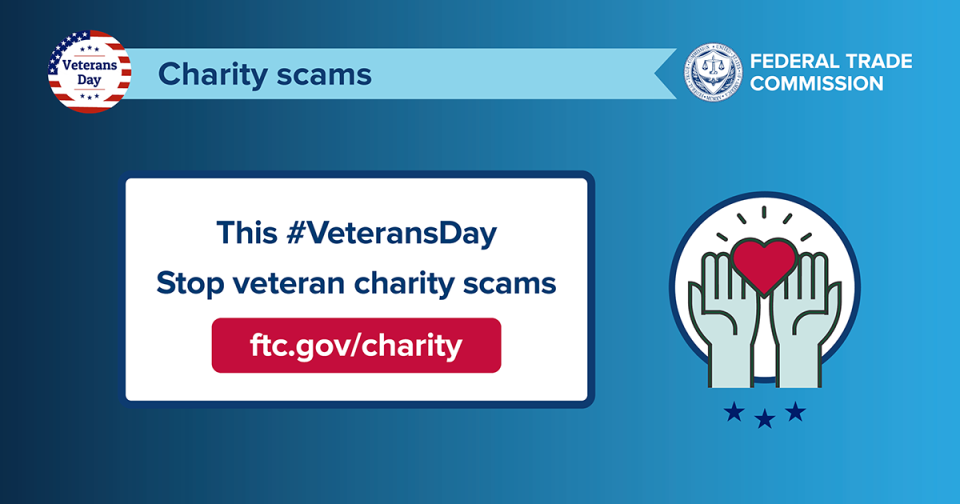 |
| Charity scams for veterans tug at heart strings and grab for wallets |
|
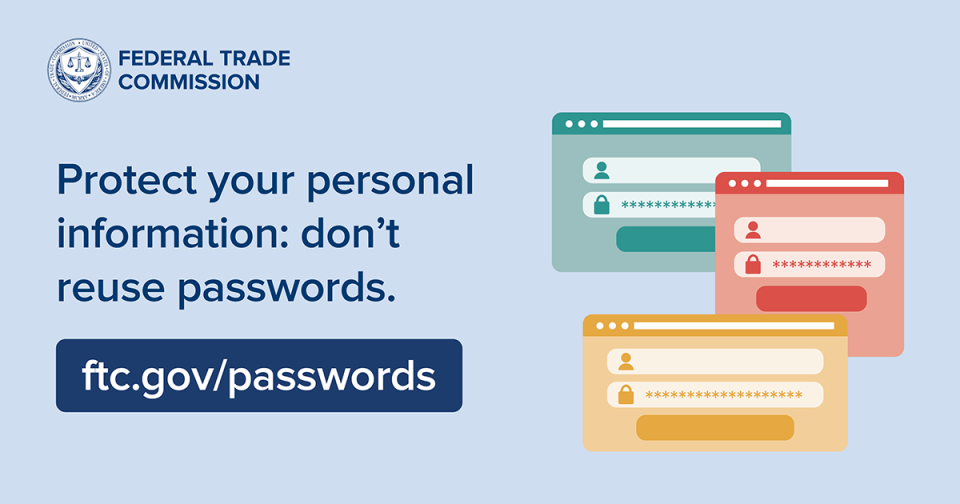 |
| Have you been affected by a data breach? Read on |
|
 |
| Now that the student loan debt relief application is open, spot the scams |
"Boston Police issued a community alert Saturday warning parents of a kidnapping scam after at least three parents of students enrolled in Boston public schools received phone calls from someone who tried to trick them into paying ransom by falsely claiming their children were in danger or had been kidnapped.“The scammers had information about the parent’s child, including their name, and demanded the parent send money through Western Union,” Boston police said in a statement. Police did not identify the parents or say whether any of them had paid money to the scammers.Police said the scammers generally target parents and grandparents. Parents are being advised to be careful about posting information publicly on social media and to talk with their children about protecting their privacy online, police said.“Scammers often look through social media for any information that would give them the ability to persuade you” police said."
|
|
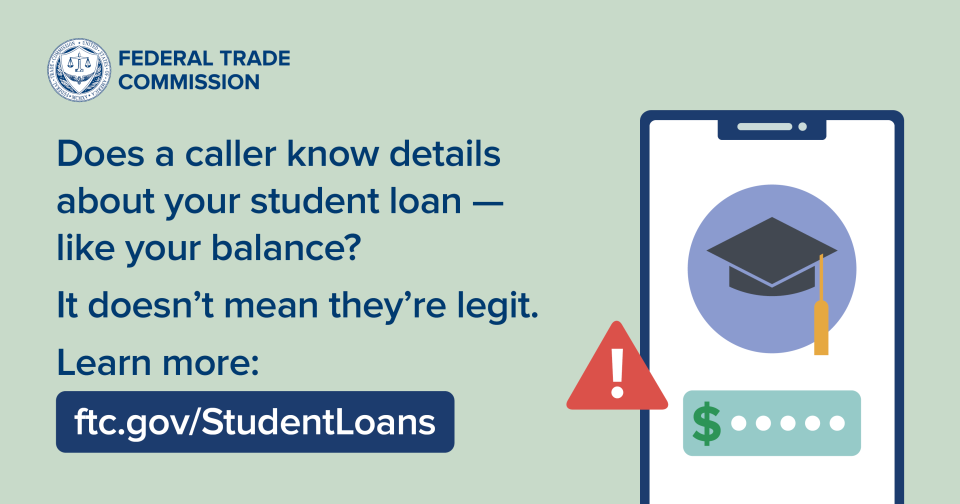 |
| Student loan scammers are circling. Keep them at bay |
|
 |
| Did you get an email saying your personal info is for sale on the dark web? |
|
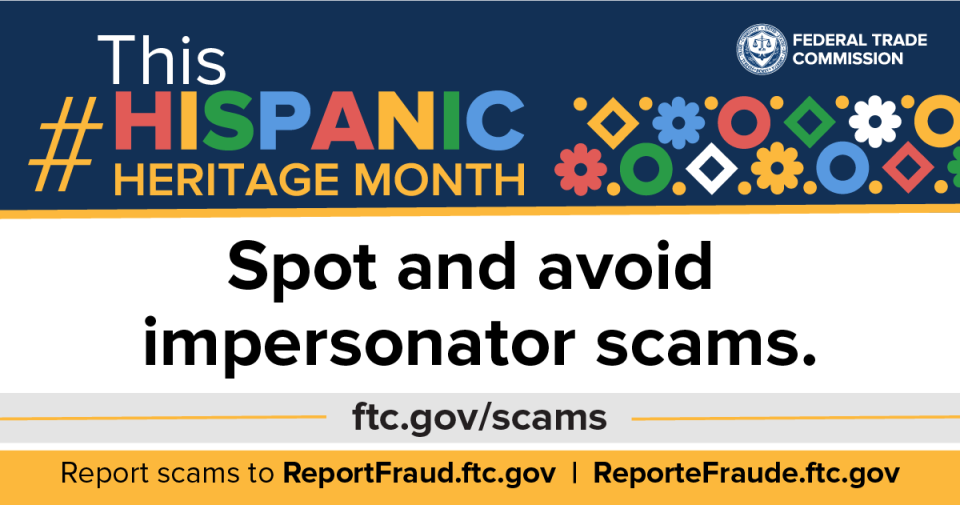 |
| Spot impersonator scams and share what you know |
|
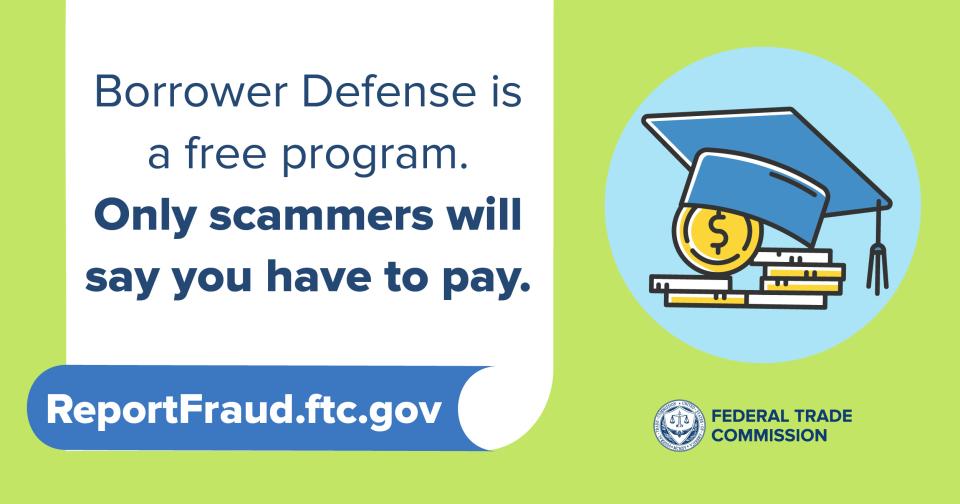 |
| Got student loans? Spot scams related to the Sweet lawsuit |
|
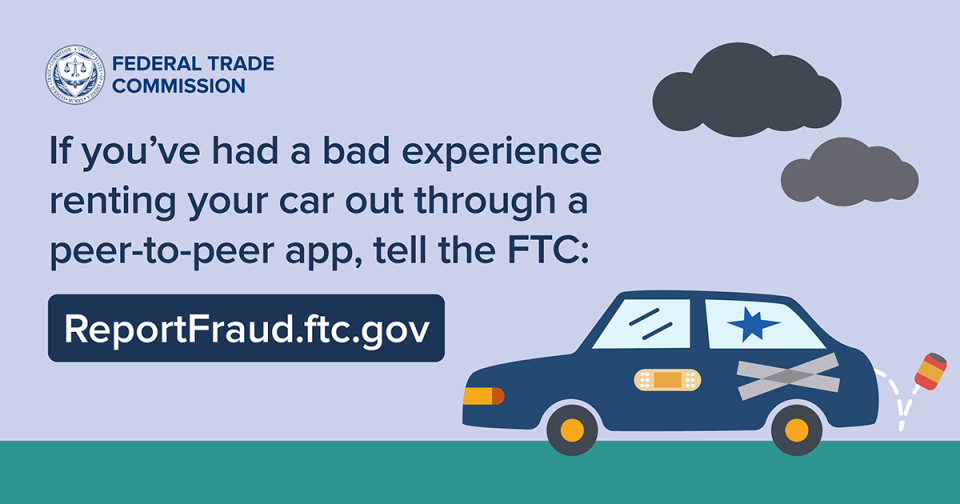 |
| Peer-to-peer car sharing: A potentially risky side gig |
|
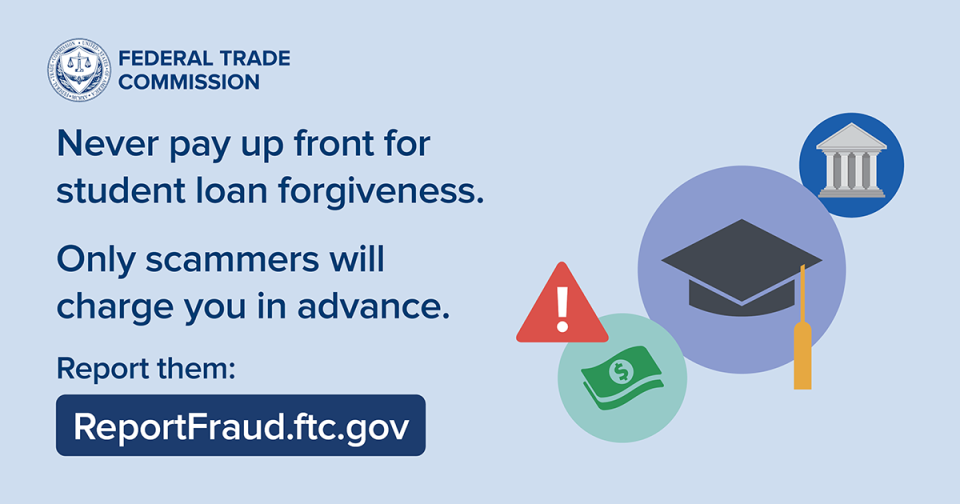 |
| Did you hear about the student loan announcements? Scammers did, too |
|
 |
| Shopping scams are in session for back-to-school shopping |